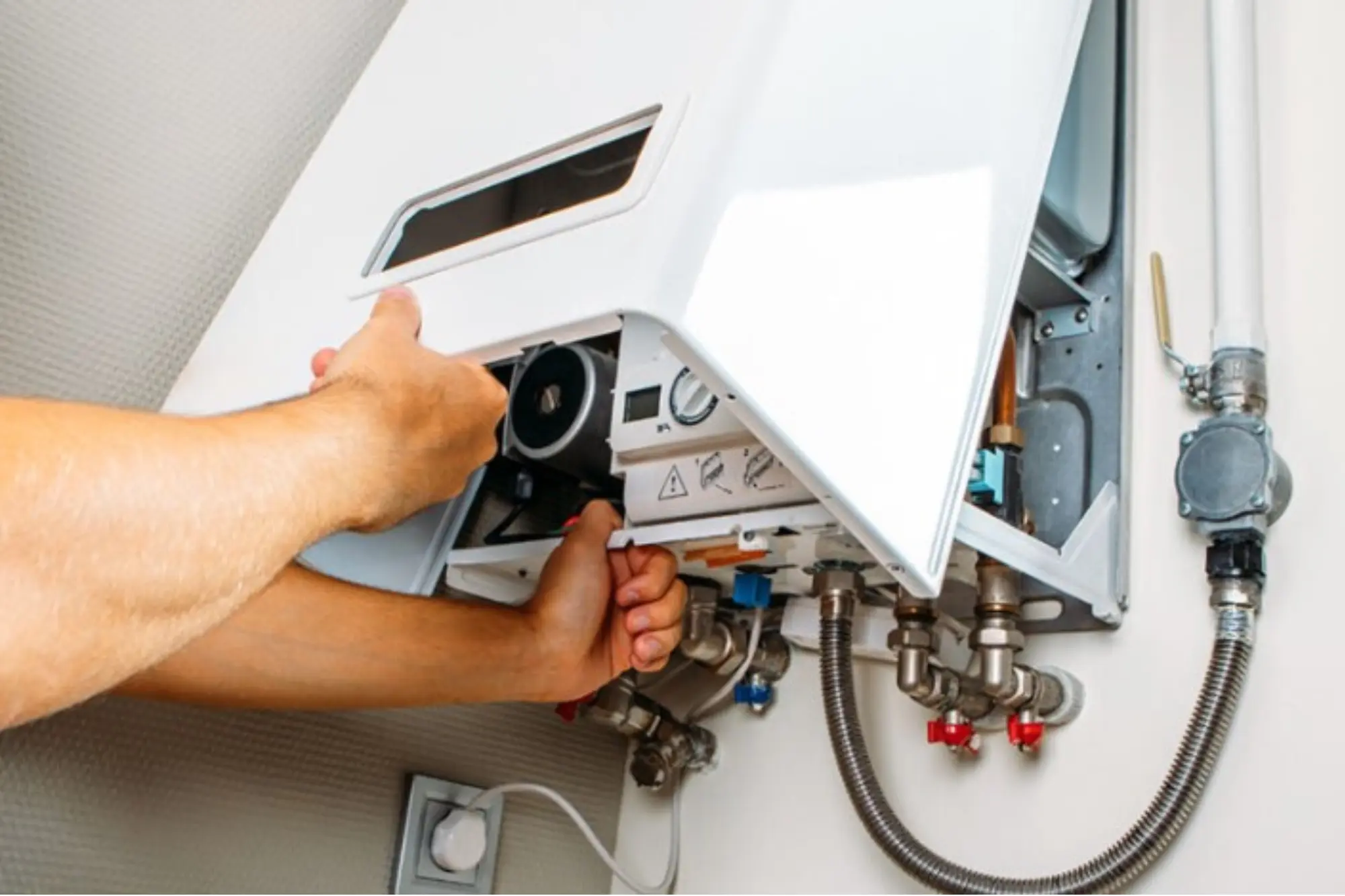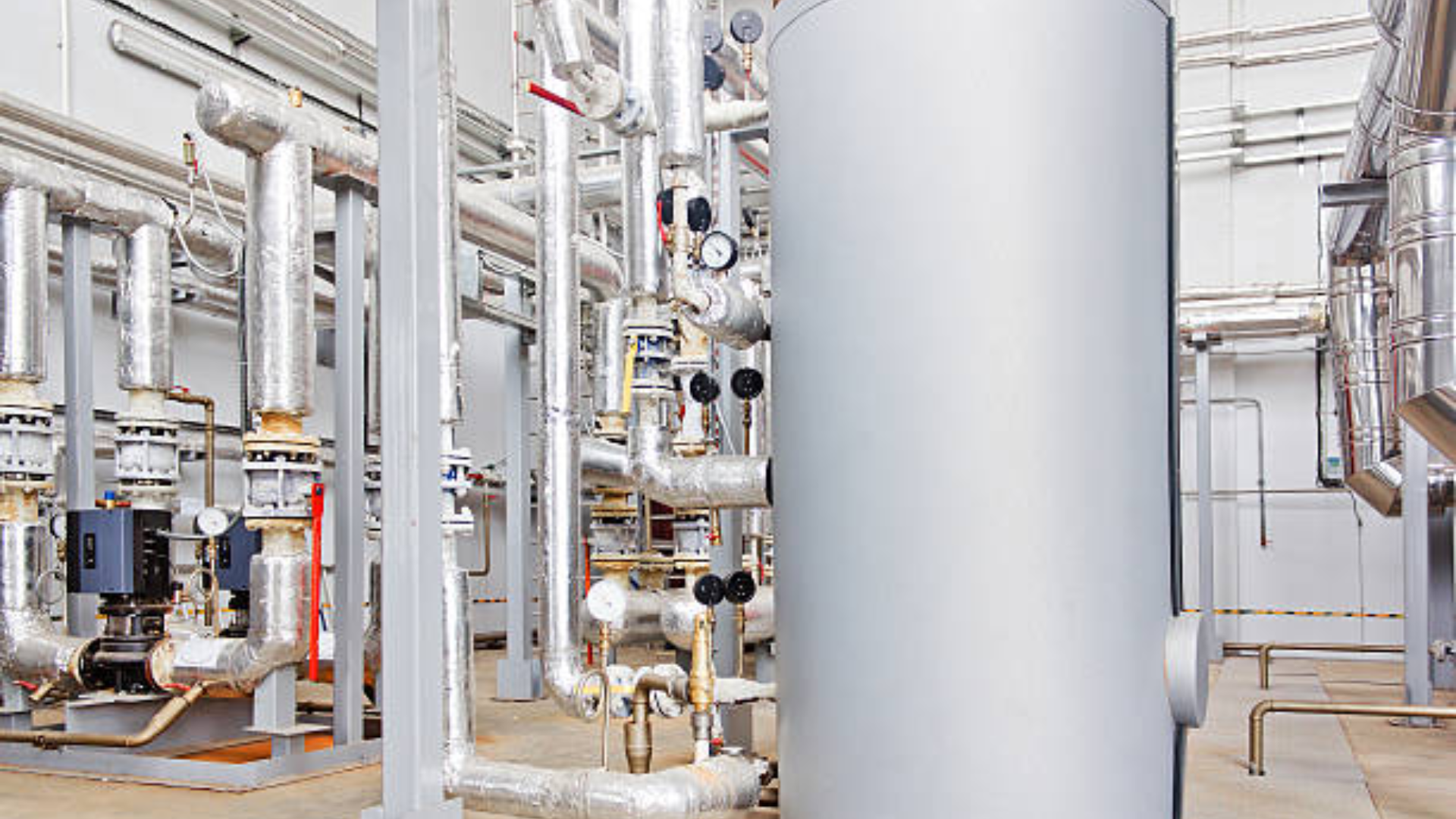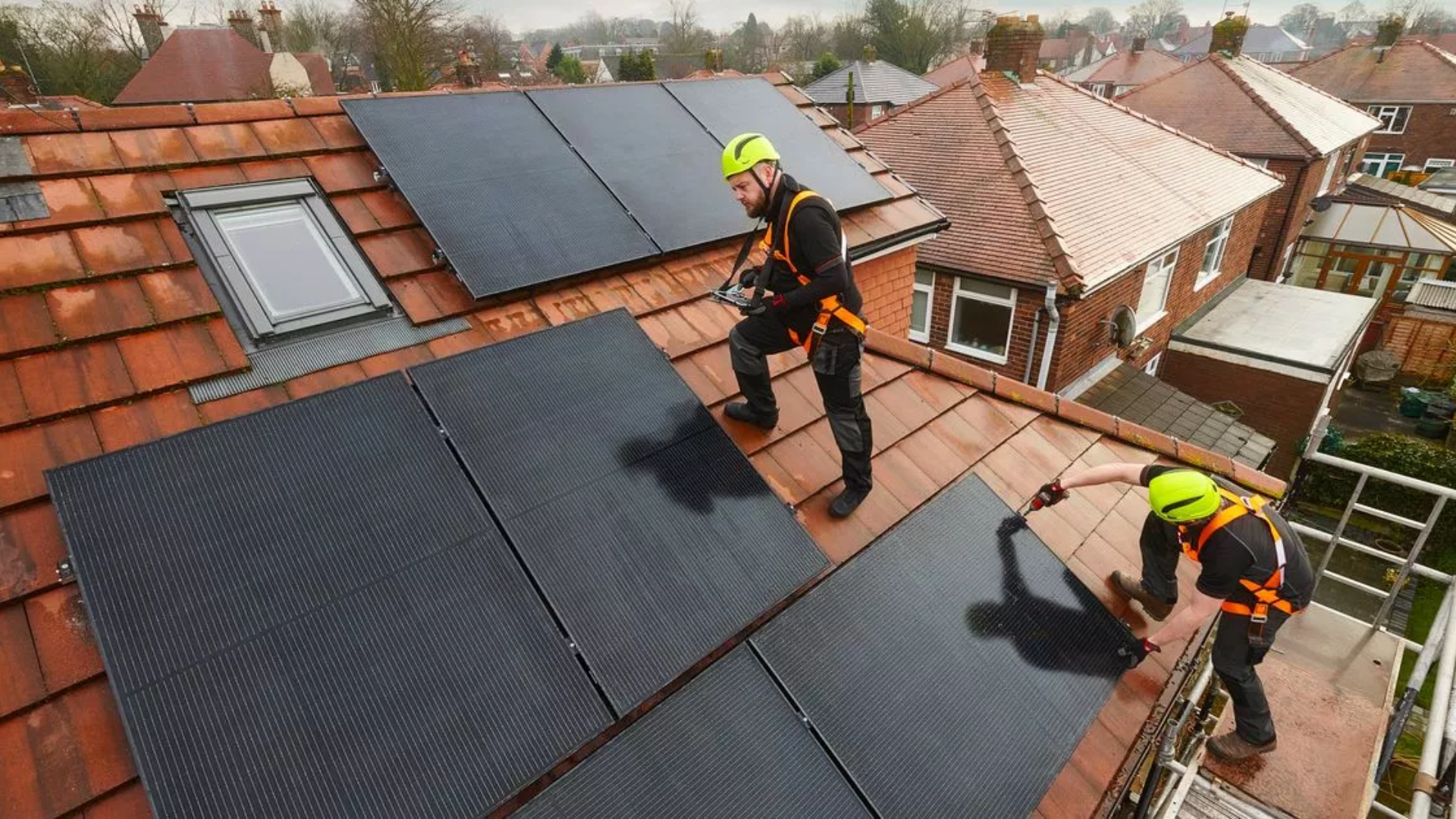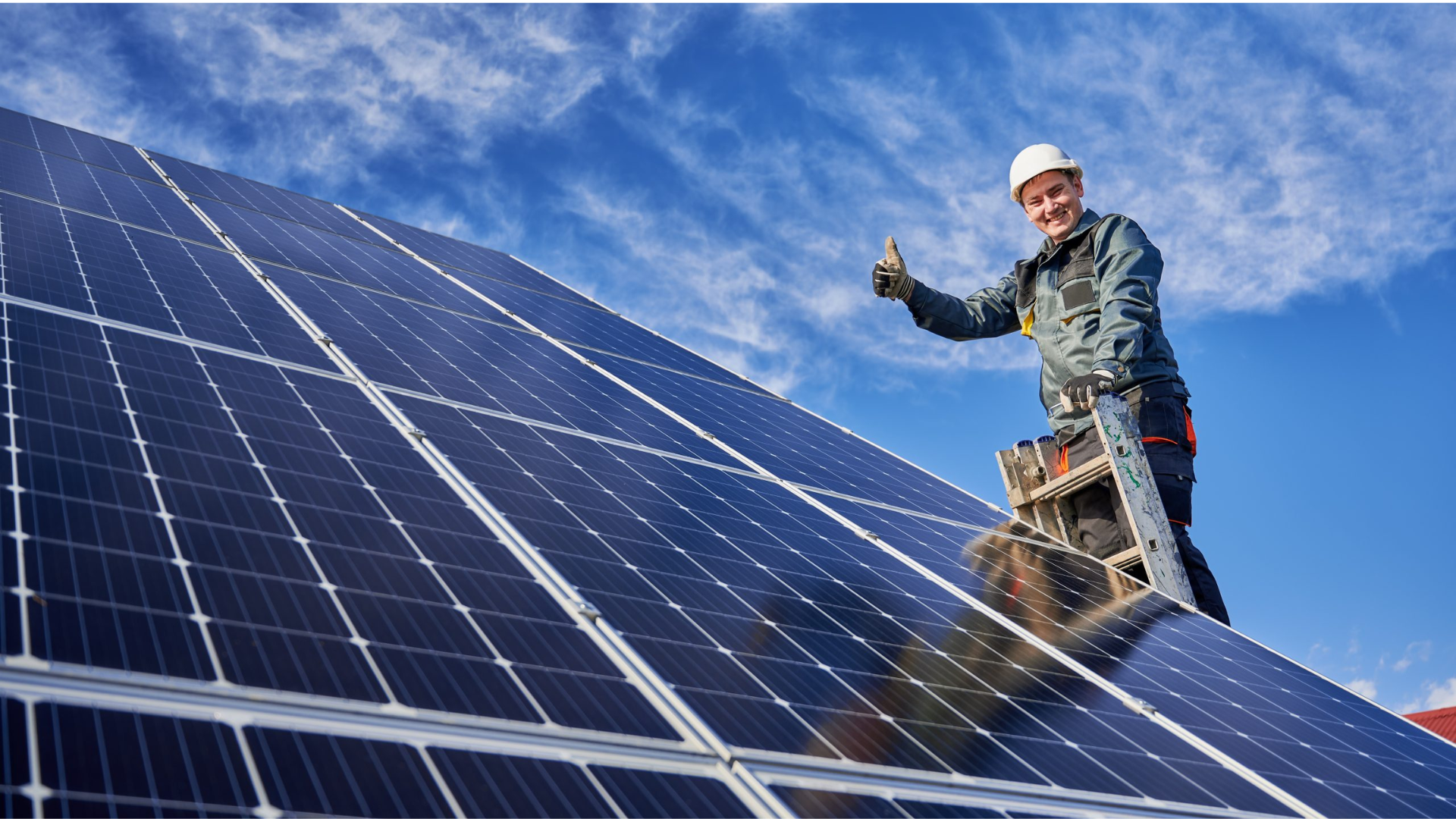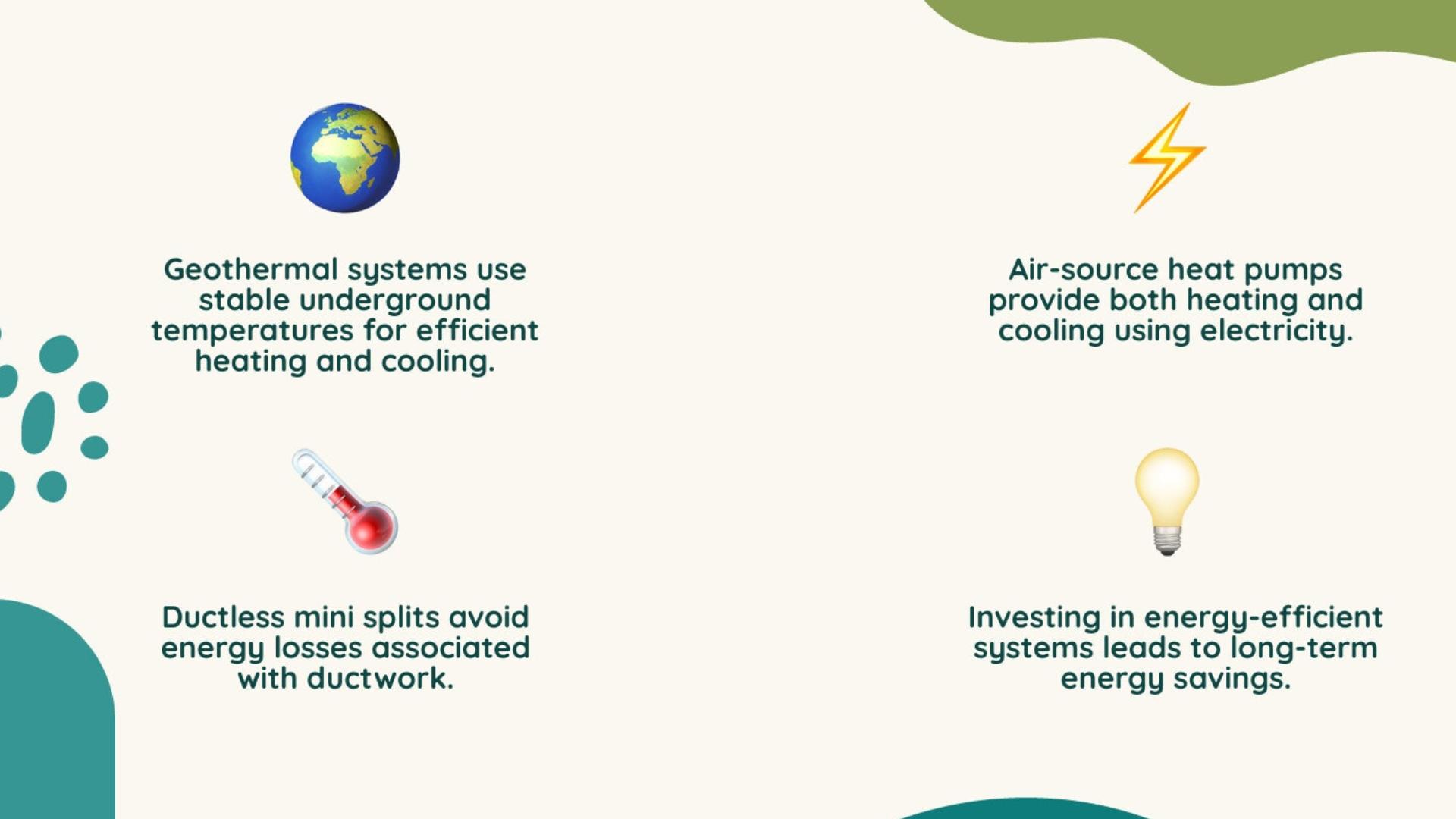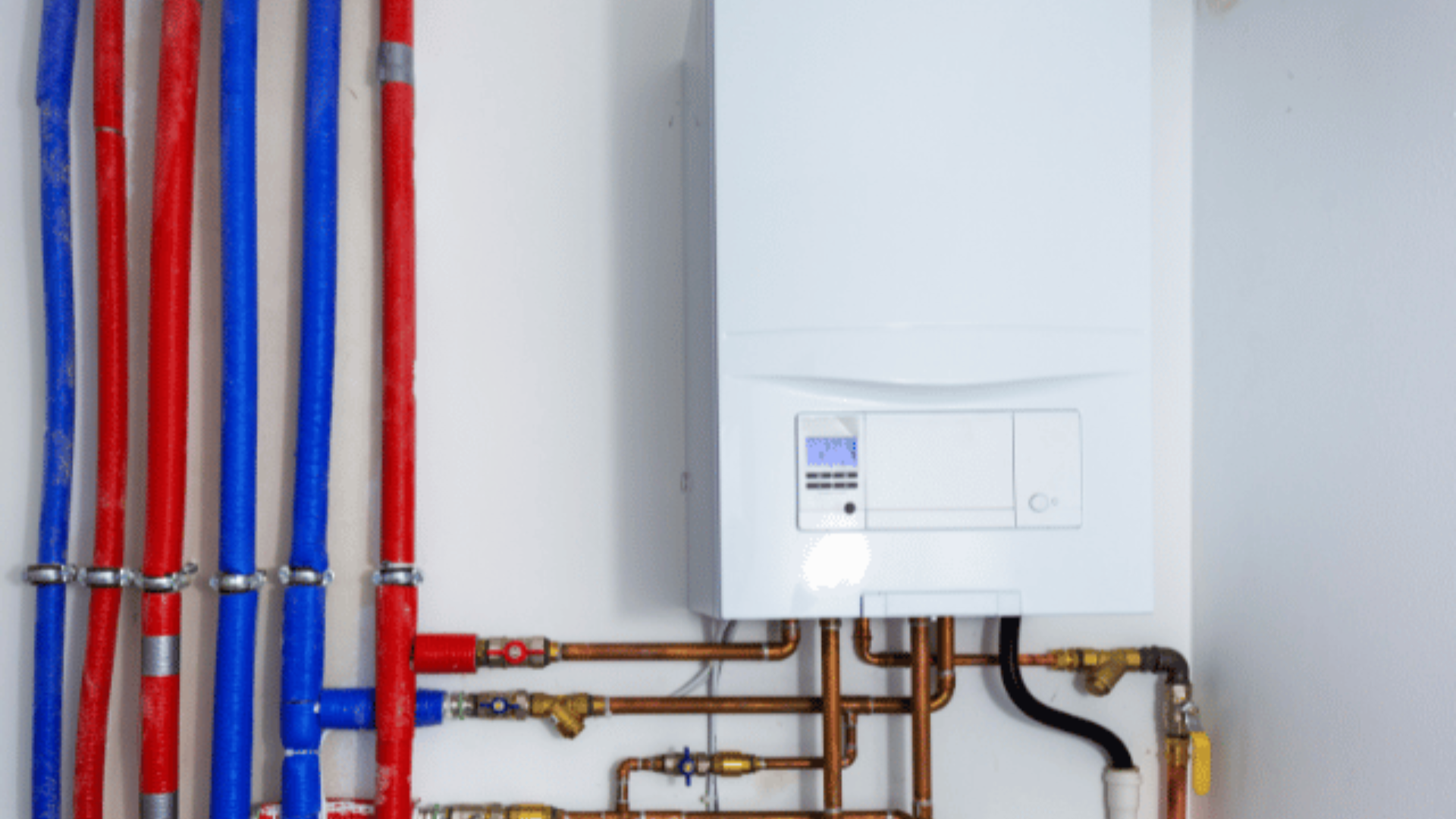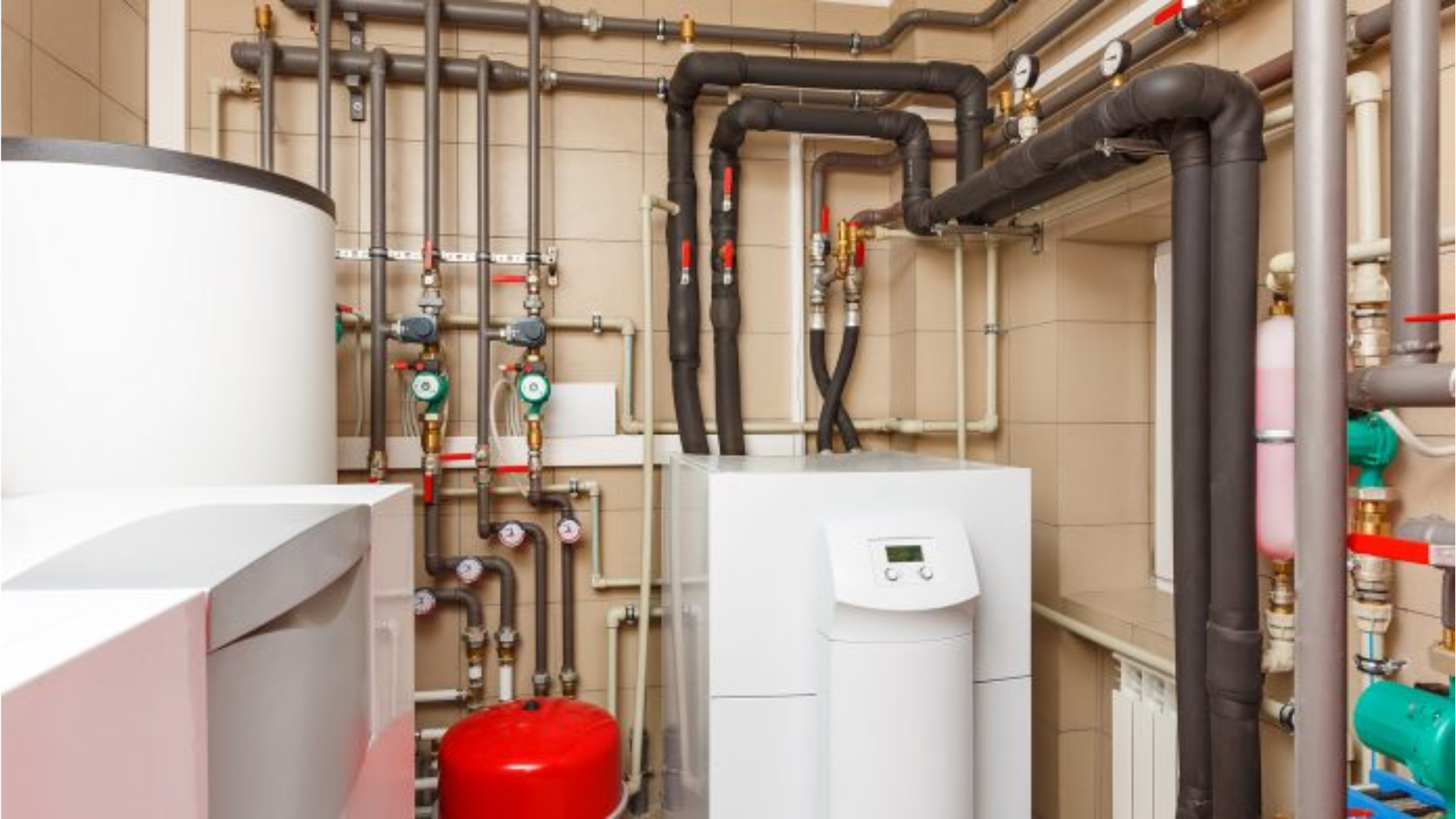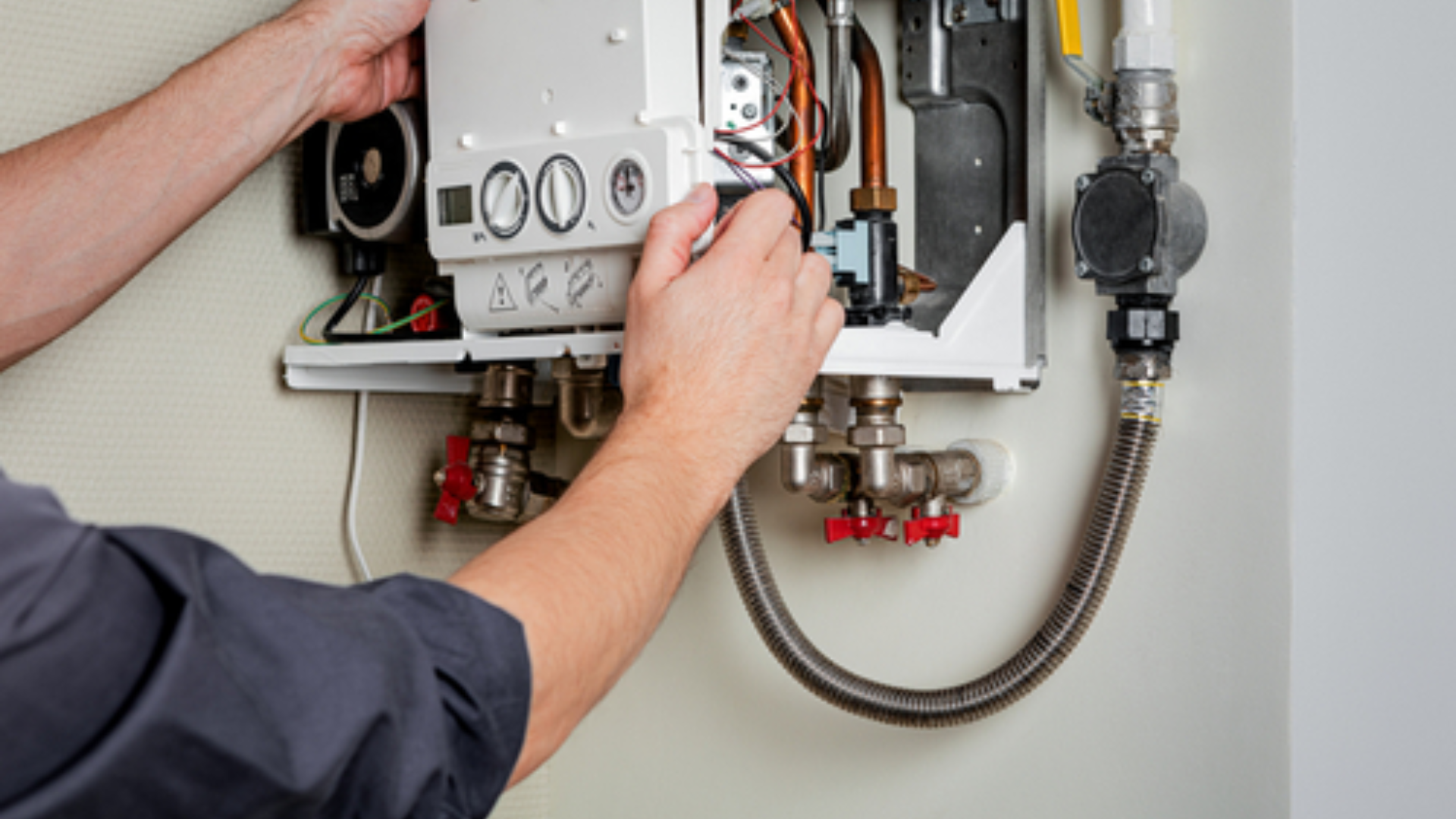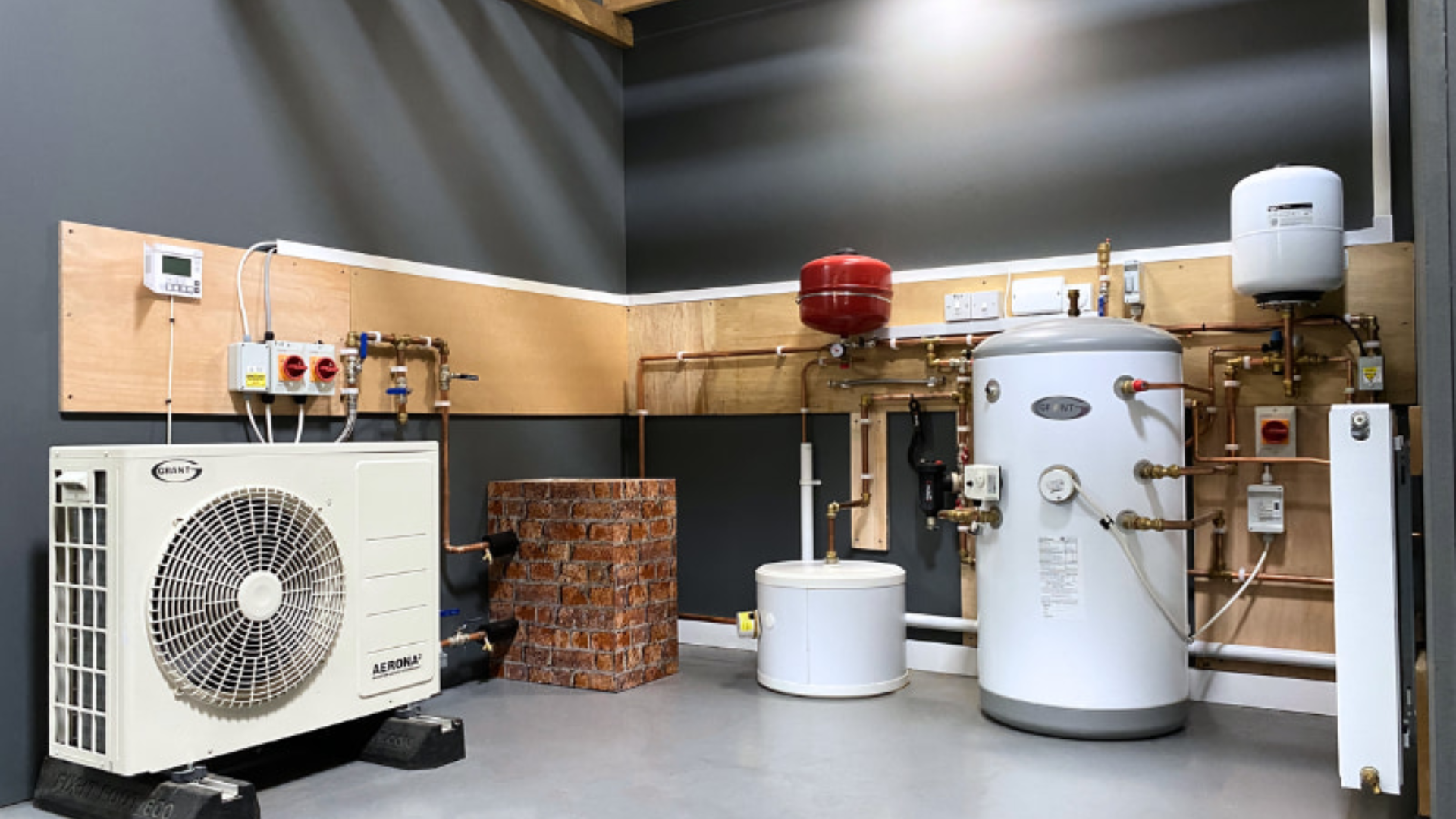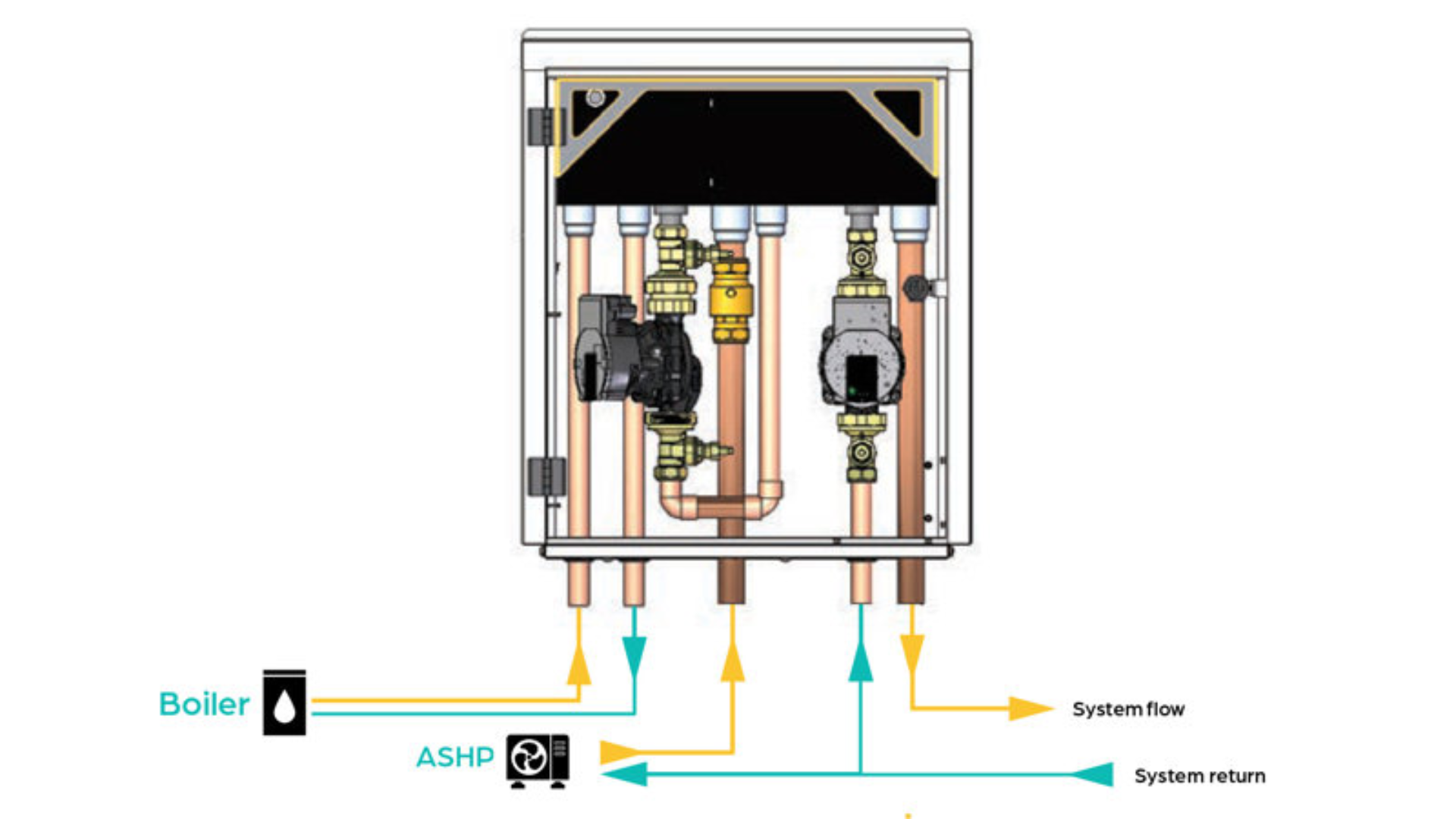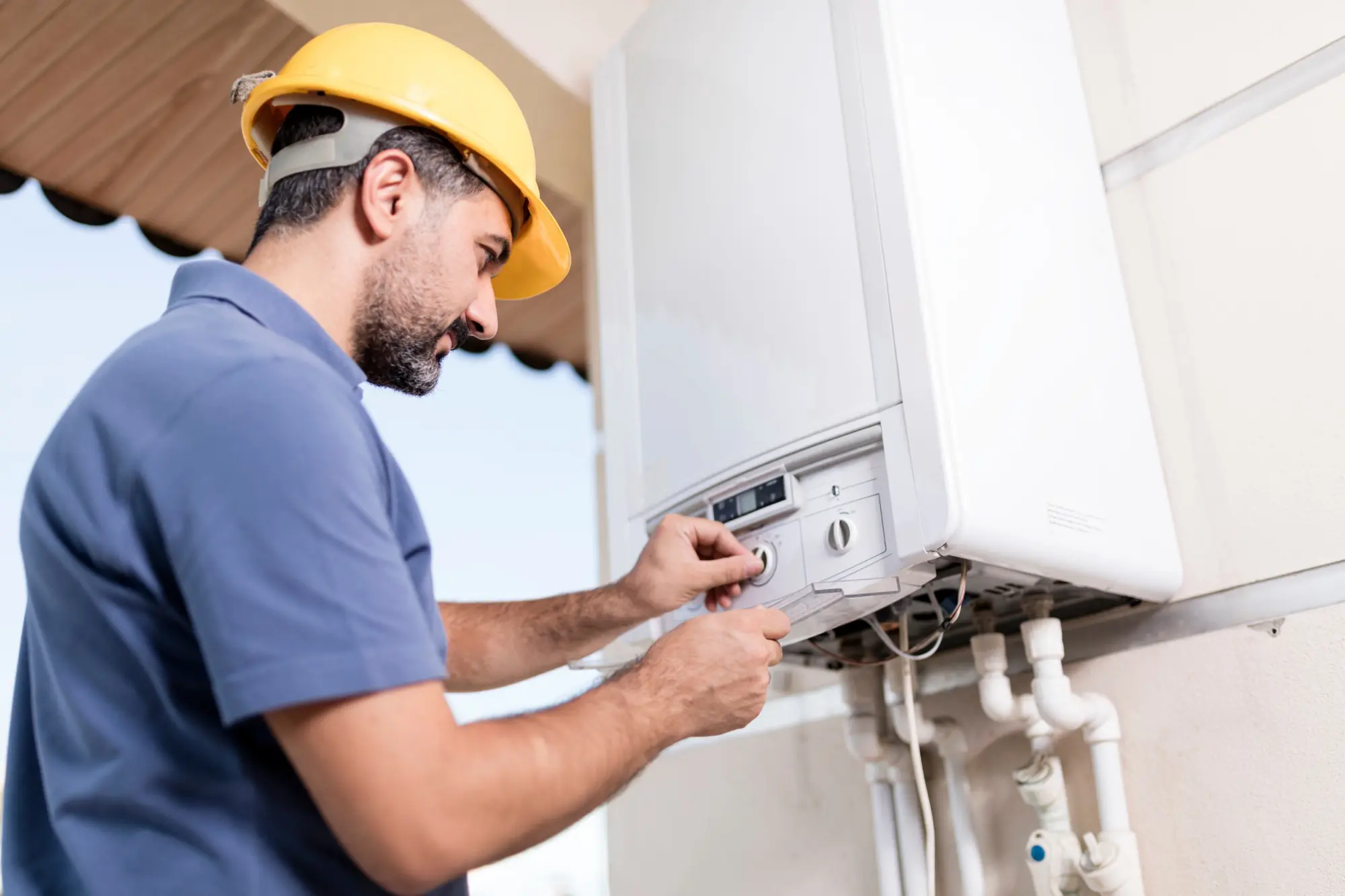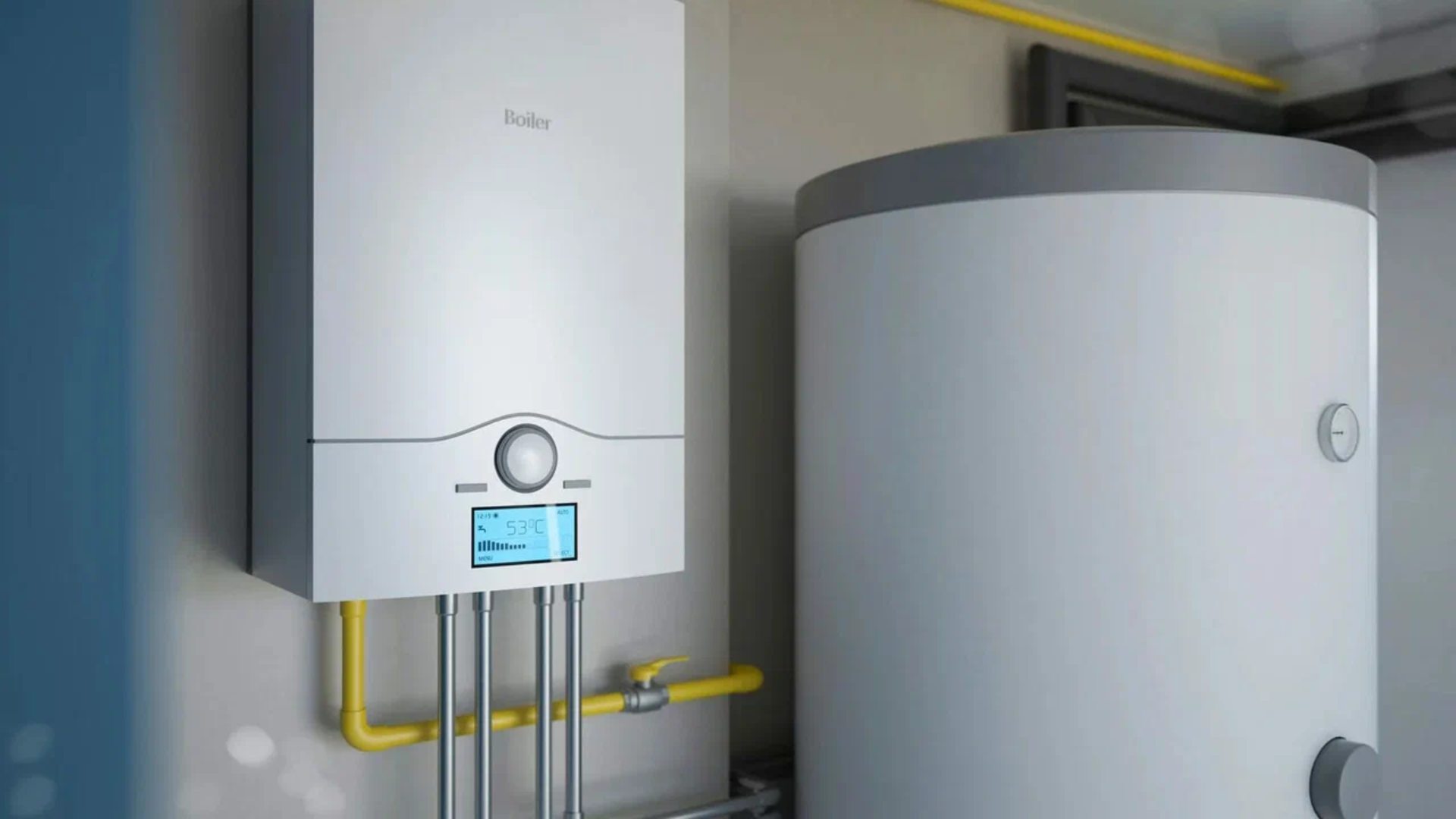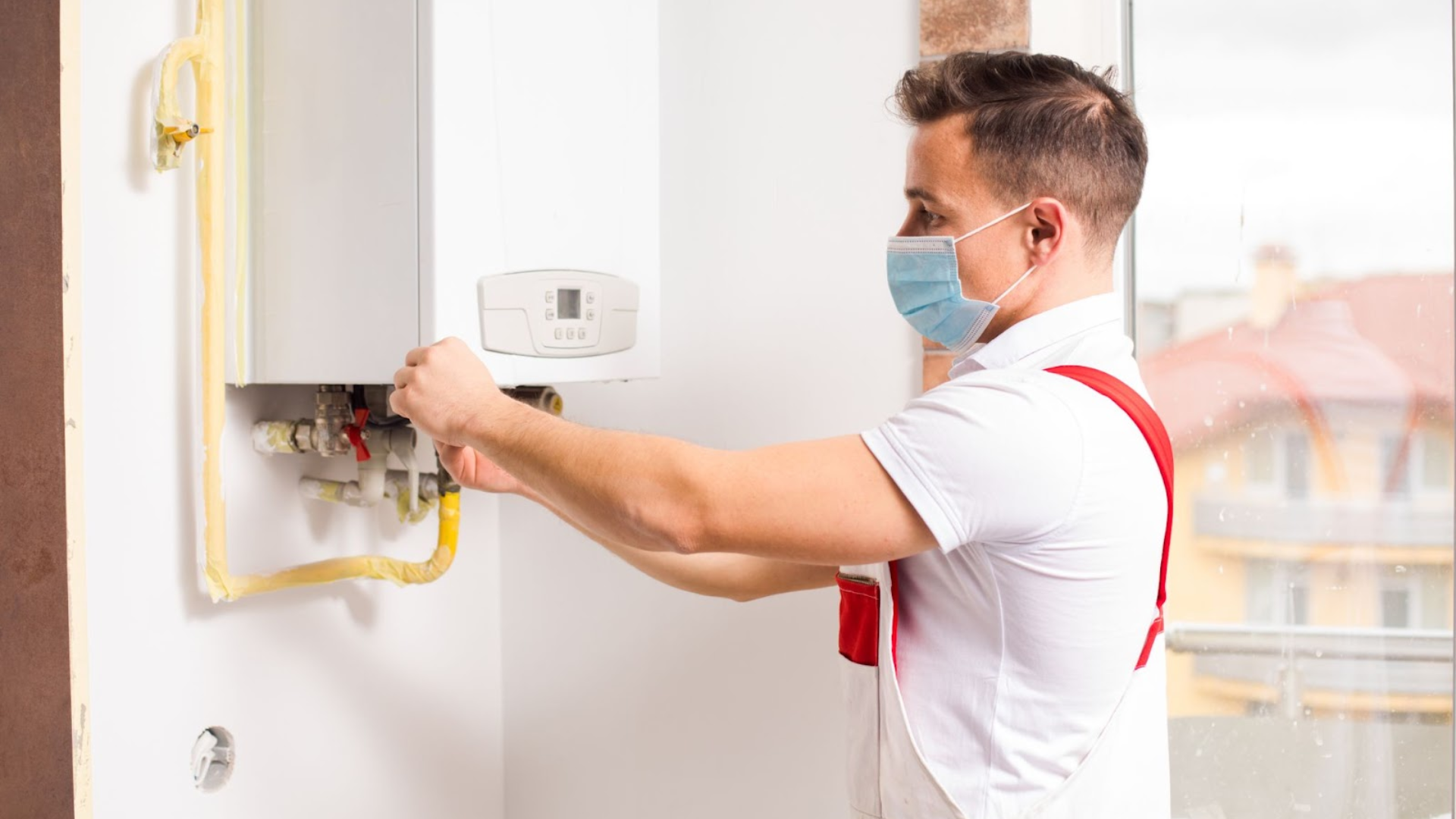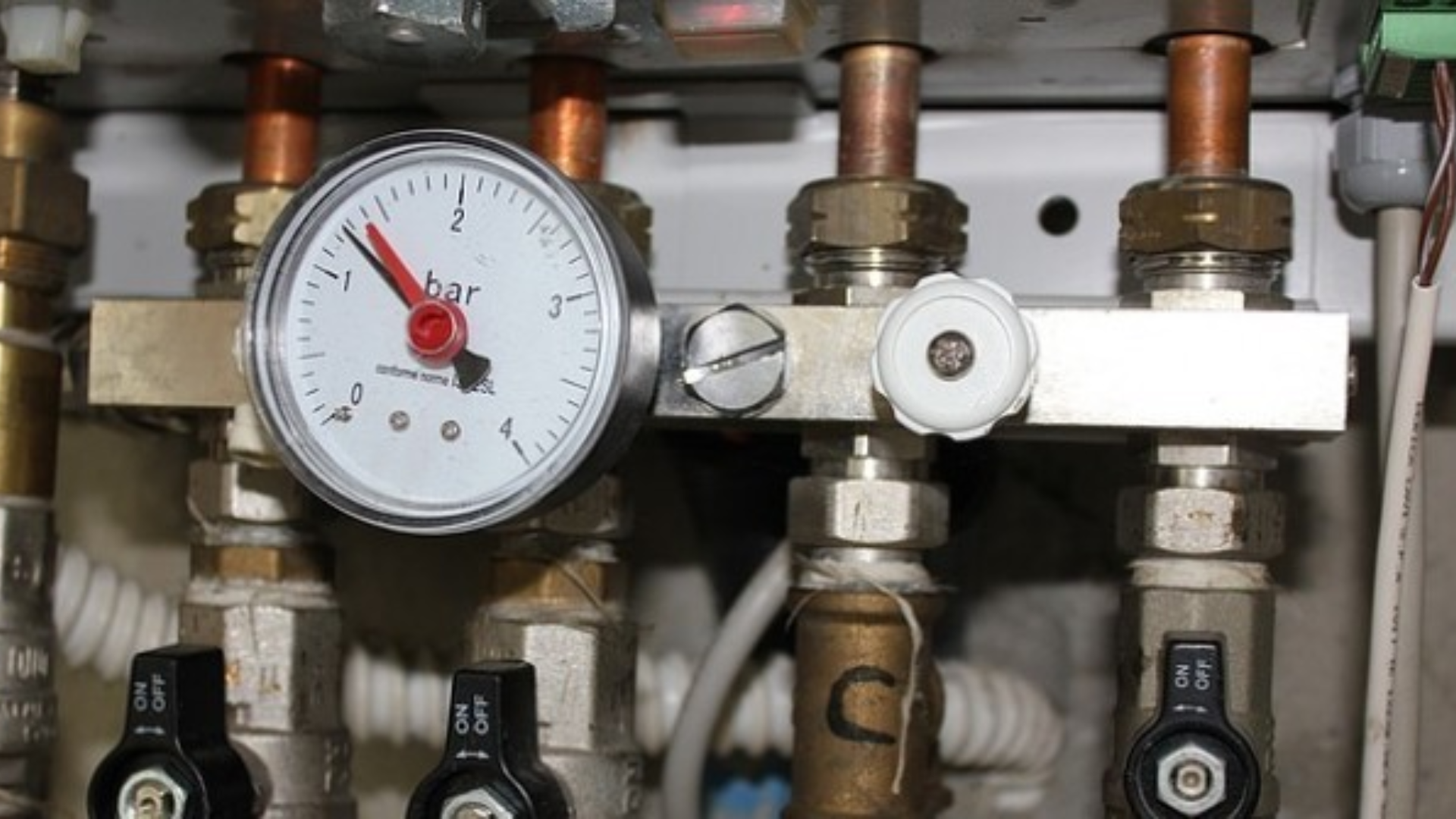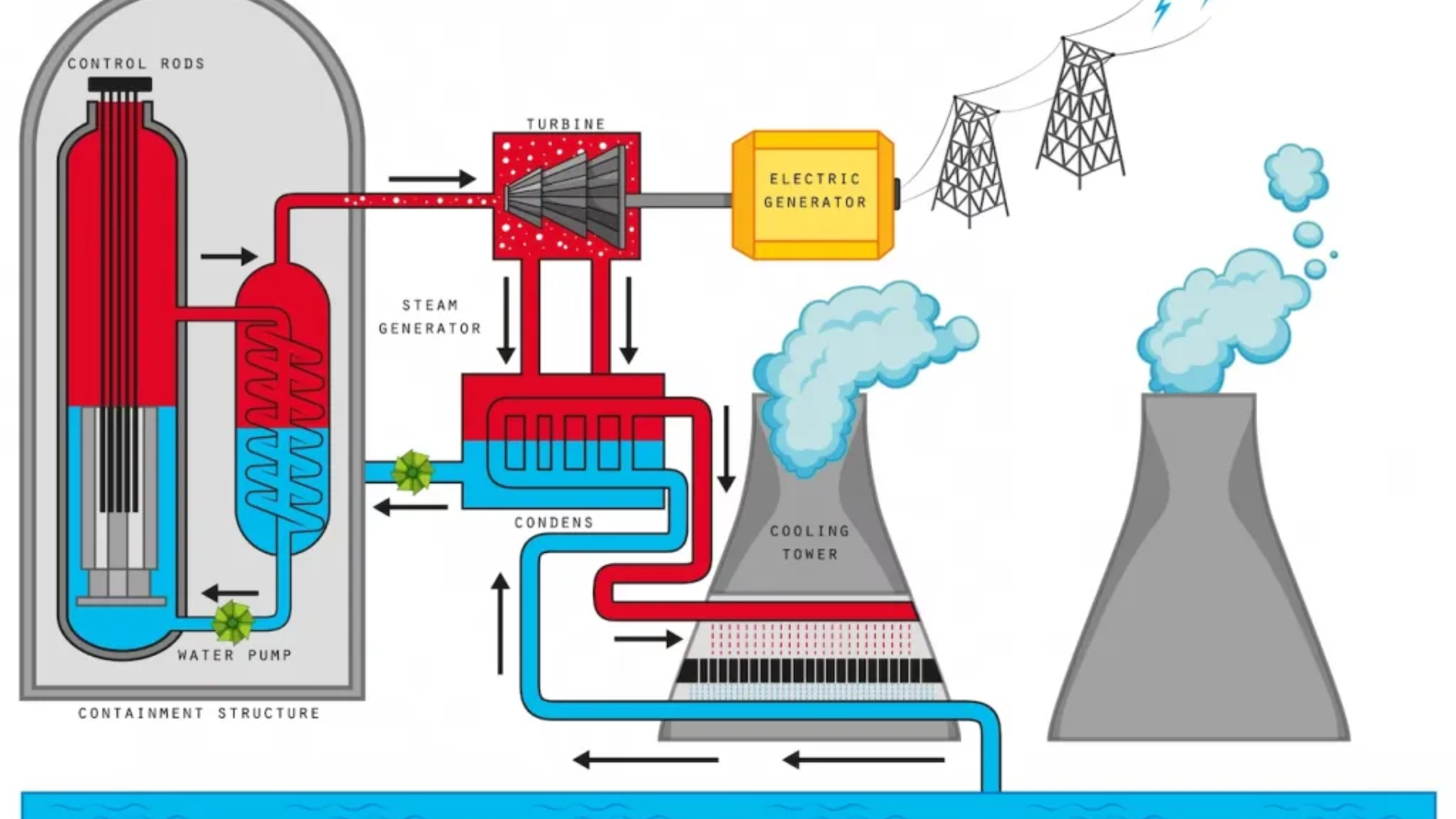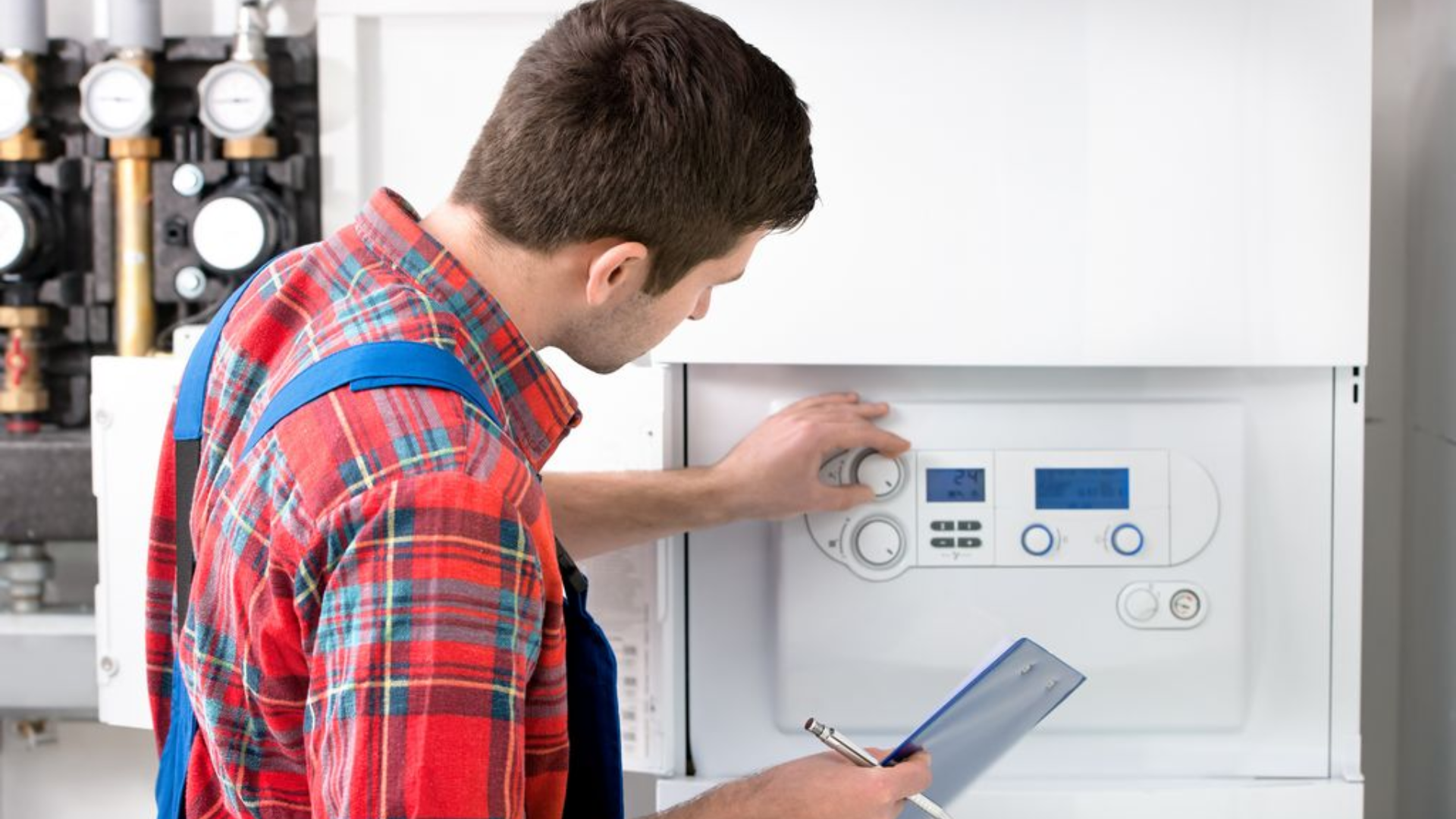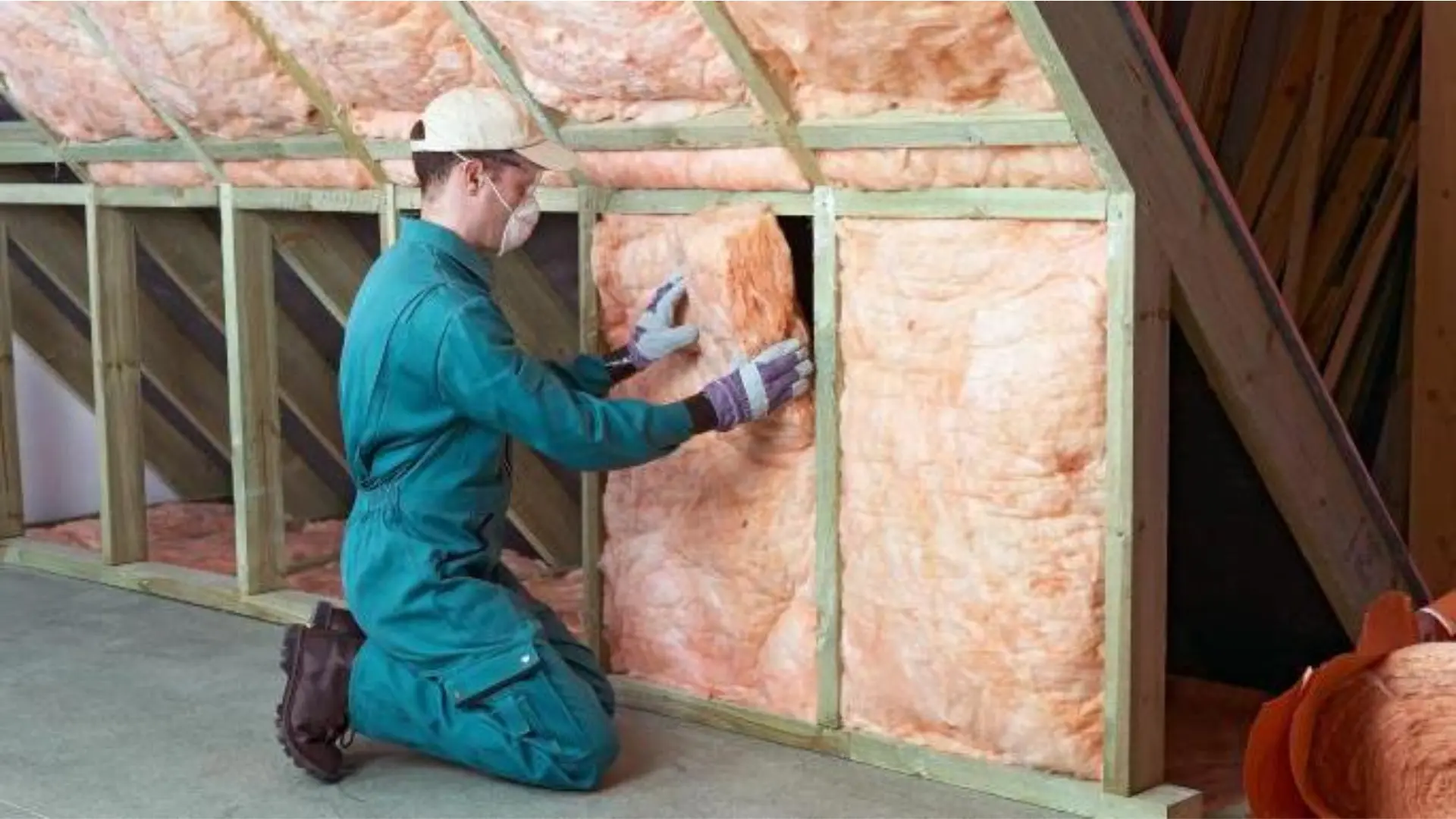If you’re a homeowner or tenant in West London, now is the time to apply for the Free Boiler Grant West London. Eco Green Grant is helping households across Greater London upgrade to energy-efficient heating systems under the UK government’s ECO4 Scheme. With zero cost to you, the scheme provides grants for boiler upgrade, offering new a-rated boilers that lower energy bills and reduce carbon emissions. Learn how you can benefit from this free boiler grant today.
What is the Free Boiler Grant West London Scheme?
How the West London Free Boiler Grant Works for Your Home
If you live in West London, you might qualify for a completely free boiler replacement through a government-backed scheme. Here’s how the process works:
📍 Check Eligibility
If you’re a homeowner or tenant on qualifying benefits in West London, you may be eligible for the boiler grant.
📋 Apply Online
Submit a simple application form online with your address, property type, and income details.
🏡 Free Home Survey
A qualified assessor visits your home in West London to inspect your current heating system and insulation.
🔥 Boiler Installation
If approved, certified engineers install a brand-new A-rated boiler at no cost to you — usually within a few days.
✅ Safety Check
All safety checks are carried out post-installation to ensure full compliance and peace of mind for your family.
💷 Energy Savings
New energy-efficient boilers can save you up to £300 a year on heating bills while reducing carbon emissions.
Understanding How the Scheme Works
The Free Boiler Grant West London is part of the UK Government’s ECO4 initiative, offering homeowners and tenants access to free, energy-efficient boiler replacements. This grant scheme is funded under the energy company obligation to support energy-efficiency goals across the UK. It’s designed to help reduce the impact of old, inefficient boilers and make homes more environmentally friendly. The scheme provides free boiler installation to qualifying households without any upfront costs or repayments required.
Who Benefits From the Free Boiler Scheme?
The free boiler scheme is aimed at low-income households, pensioners, and families receiving government benefits in Greater London. If your current gas boiler is non-condensing or old, you’re likely eligible for the Free Boiler Grant West London. The grant covers all associated costs including the boiler unit, installation, and even system upgrades like boiler and radiators. This means you get a new a-rated boiler installed with minimal hassle, helping make your home more energy efficient and lowering gas bills.
Eligibility Criteria for the Free Boiler Grant
Who Qualifies for a Free Government Boiler Under the West London Scheme?
Not every household can claim a free boiler — the scheme is designed to help specific groups. Here are the key criteria you need to meet before applying in West London:
👥
You Receive Means-Tested Benefits
If someone in the home claims Universal Credit, Pension Credit, Income Support, or other qualifying benefits, you may be eligible.
🏠
You Own or Privately Rent the Property
The scheme is only available to homeowners or private tenants. Social housing is not eligible under this program.
🔥
Your Existing Boiler Is Over 10 Years Old
You must have a boiler that is inefficient, broken, or more than 10 years old. The scheme does not replace modern systems.
📍
You Live in a Low EPC Rated Property
Your property must have an EPC rating of D, E, F, or G. This shows that your home is poorly insulated and qualifies for help.
🔧
You Haven’t Claimed Another ECO Grant
You must not have used another Energy Company Obligation (ECO) scheme recently for the same property.
📄
You Can Provide Proof of Income/Benefits
You must be able to submit evidence such as benefit letters, utility bills, or tenancy agreements to complete the application.
Who Qualifies for ECO4 Scheme?
To qualify for the eco4 scheme for free, you must meet specific eligibility criteria including income level, housing conditions, and whether you receive government benefits such as Universal Credit or Child Tax Credit. The goal of this grant scheme is to offer eco grants to those who need them most. If you’re unsure whether you qualify, Eco Green Grant provides quick assessments and a free quote to check if you meet the boiler replacement grants requirements.
How Eco Green Grant Determines Eligibility
At Eco Green Grant, we assess your home energy rating and existing heating system to determine if you’re eligible for the Free Boiler Grant West London. Our team also evaluates the condition of your old boiler, income levels, and applicable government funding thresholds. We then guide you through the eco4 scheme application process step by step, making sure everything is submitted correctly. If eligible, you’ll receive your energy-efficient boiler with no cost and fast boiler installation from Gas Safe engineers.
Types of Boilers Available Under the Grant
Which Boiler Types Are Covered by Government Energy Grants?
Depending on your home and heating needs, the ECO4 scheme offers several boiler options. Here’s a quick overview of the most common types you can get through the grant.
Combi Boilers
Compact, energy-efficient units that provide hot water and heating without a separate tank. Ideal for smaller homes and flats.
System Boilers
They store hot water in a cylinder and are suitable for larger homes with high hot water usage. No cold water tanks required.
Regular (Conventional) Boilers
These require both hot and cold water tanks and are best for homes already fitted with traditional heating systems.
Electric Boilers
Ideal for homes without gas supply. These boilers use electricity to heat water and have lower installation costs.
Hydrogen-Ready Boilers
Future-proof boilers that can work with both natural gas and hydrogen blends. These are gaining popularity in eco grant schemes.
Why Choose Eco Green Grant in West London
Discover the Eco-Friendly Advantages of Government Heating Grants
Homeowners across West London are making the smart switch to greener heating with supported funding. Here’s why thousands are choosing this sustainable solution:
Efficient Heating Upgrades
Eco-friendly boilers are more energy-efficient, reducing carbon emissions and running costs from day one.
Fully Funded Support
Grants can cover full boiler and installation costs — no upfront payments for eligible residents.
Sustainable Home Value
Eco upgrades improve your EPC rating, future-proof your property, and appeal to green-conscious buyers.
Lower Monthly Bills
Reduced heating expenses can save up to £300 annually — especially during colder seasons.
Expert Installation
Certified installers handle everything — from free survey to system fitting, with zero hassle for homeowners.
A-Rated Boilers for Maximum Efficiency
Through the Free Boiler Grant West London, you’ll receive a new a-rated boiler that meets high energy efficiency standards. These modern systems are designed to use less energy while still providing powerful heating and hot water. With boiler replacement grants, your outdated system is swapped for an efficient boiler, helping you reduce your carbon emissions. These a-rated boilers are approved by the UK government to promote greener homes and lower overall household energy consumption.
Biomass Boilers and Heat Pumps
In addition to gas boiler upgrades, the eco4 scheme also includes heat pumps and biomass boilers, giving homeowners more energy-efficient options. These systems operate at higher efficiency levels than traditional boilers and can greatly reduce reliance on fossil fuels. If your property is suitable, Eco Green Grant can help you explore these advanced heating solutions under the Free Boiler Grant West London initiative. All units provided under the grant scheme meet UK standards and are fitted by certified professionals.
Why Choose Eco Green Grant in West London
Top Benefits of Choosing a Trusted Green Heating Partner
| Benefit | Details |
|---|---|
| ✅ Fully Funded Grants | Qualifying households can receive complete boiler system upgrades without paying upfront installation costs. |
| 🌍 Energy Efficiency Boost | Upgraded systems use less fuel and reduce greenhouse emissions, aligning with eco targets. |
| 📉 Lower Heating Bills | Residents can save hundreds of pounds each year on energy costs thanks to better heating efficiency. |
| 🔧 Expert Installation | All installations are performed by certified professionals with strong local service records in West London. |
| 🏡 Added Property Value | Modern heating systems improve EPC ratings and enhance the long-term market value of your home. |
Trusted Name Across Greater London
Eco Green Grant is a reputable provider of eco grants and has helped hundreds of households across Greater London access the Free Boiler Grant West London. We work directly with energy suppliers and certified installers to ensure a hassle-free experience. With our guidance, you’ll navigate eligibility checks, paperwork, and home surveys with ease. Our expert support ensures you don’t miss out on available grants to help reduce your energy bills and improve home energy efficiency.
Certified and Safe Boiler Installation
All boilers are installed by Gas Safe engineers, ensuring both safety and compliance. When you qualify for the Free Boiler Grant West London, Eco Green Grant ensures your new a-rated boiler is fitted professionally and swiftly. Our team prioritizes customer safety, making sure your boiler is installed correctly and performs at maximum efficiency. We even manage post-installation support and service calls, giving you peace of mind along with long-term energy savings.
Benefits of Installing a New A-Rated Boiler
Why an A-Rated Boiler Upgrade Is a Smart Energy Move
🔥 Maximum Energy Efficiency
A-rated boilers are over 90% efficient, meaning more heat from less fuel — reducing both emissions and your energy bills.
💷 Lower Heating Bills
Installing a modern boiler could save you up to £300 a year by eliminating fuel waste and delivering consistent warmth.
🌍 Eco-Friendly Choice
Upgrading to an A-rated model reduces your home’s carbon footprint — supporting national and local sustainability goals.
🛡️ Long Warranty & Lifespan
Modern boilers come with long warranties (up to 10 years), offering peace of mind and low maintenance costs.
🏡 Boost Home Value
Energy-efficient upgrades like a new boiler make your home more attractive to buyers and raise your EPC rating.
Save Money on Energy Bills
Replacing your old unit with a new a-rated boiler through the Free Boiler Grant West London can save you hundreds of pounds each year. These energy-efficient boilers are built to consume less fuel while offering consistent performance. Households participating in the grant scheme report substantial drops in their energy bills. This upgrade is not only free but also contributes to long-term financial savings, making it an ideal choice for anyone looking to improve home energy efficiency.
Reduce Carbon Emissions at No Cost
Upgrading your inefficient boiler helps reduce carbon emissions, contributing to a cleaner environment. The eco4 scheme encourages such improvements through fully funded boiler replacement grants. When you receive your Free Boiler Grant West London, you’re not just improving your home’s efficiency—you’re making an eco-friendly choice. These grants support the UK’s goals for sustainability and offer households the opportunity to be part of the solution without bearing the financial burden themselves.
Free Boiler Grant West London: How to Apply
Simple Steps to Get Your Free Boiler in West London
Step 1
Complete our quick online eligibility form with basic details.
Step 2
Our team verifies your eligibility for the West London scheme.
Step 3
A certified engineer arranges a no-cost home inspection.
Step 4
Get your brand-new A-rated boiler installed free of charge.
Step 5
Enjoy lower bills, warmer winters, and peace of mind!
Step-by-Step Application Process
Applying for the Free Boiler Grant West London is simple with Eco Green Grant. First, complete a quick eligibility form online or by phone. Our team then arranges a free home survey and handles all paperwork on your behalf. Once approved, you’ll receive a new boiler installation date. We ensure that your boiler is installed within days of approval. Our streamlined process eliminates delays and makes the transition to an efficient boiler smooth and stress-free.
Documents Needed for Approval
To apply for the Free Boiler Grant West London, you’ll need proof of address, proof of income or government benefits, and information about your current heating system. Our specialists at Eco Green Grant guide you in gathering the necessary documentation and help submit your application to the right energy supplier. Once processed, your boiler upgrade is scheduled promptly. Our team ensures you receive the grant funding quickly and hassle-free so you can enjoy a new boiler sooner.
How the Free Boiler Grant Compares to Other Schemes
Free Boiler Grant
- ✔ 100% Funded
- ✔ No Repayments
- ✔ A-Rated Boilers
- ✔ Fast Installation
- ✔ West London Focused
Other Schemes
- ✖ Partial Funding
- ✖ Long Wait Times
- ✖ Regional Restrictions
- ✖ Limited Boiler Models
- ✖ Complicated Paperwork
Free Boiler Grant vs Other Grant Schemes
How It Compares to Other UK Grant Schemes
The Free Boiler Grant West London stands out from other UK government initiatives by covering 100% of the boiler installation cost. Unlike other programs requiring partial payments or loans, this grant scheme offers truly free solutions for eligible homes. Whether you’re a homeowner or private tenant, the scheme ensures you get a new a-rated or energy-efficient boiler with no strings attached. It’s a rare opportunity to get heating improvements fully funded by the eco4 scheme.
Why This Is the Right Time to Apply
With limited grant funding available, now is the best time to apply for the Free Boiler Grant West London. Rising energy bills, government pressure to lower emissions, and increased cost of heating systems make this grant more valuable than ever. Eco Green Grant is actively assisting households across West London before the funding runs out. Take action today and secure your spot in this life-improving boiler upgrade scheme—designed to improve comfort, savings, and
Ready to Claim Your Free A-Rated Boiler in West London?
Take advantage of the government-backed Eco Green Grant and reduce your energy bills today. Fast approval, zero upfront cost, and expert installation included!
Get a Free Quote from Eco Green Grant Today
No-Obligation Quotes with Full Support
Start your Free Boiler Grant West London journey by requesting a free quote from Eco Green Grant. Our no-obligation service ensures you understand your options without any pressure. We offer clear insights into your grant scheme eligibility, available boiler upgrades, and what to expect throughout the process. Once approved, we schedule a visit, complete the paperwork, and deliver a full-service installation to improve your home energy profile efficiently and affordably.
Make Your Home More Comfortable and Efficient
With your Free Boiler Grant West London, you’ll receive a boiler that’s highly energy-efficient, reliable, and powerful enough to keep your home warm year-round. This helps make your home more energy efficient while lowering your gas bills and overall energy consumption. Eco Green Grant ensures that every system is fitted to your home’s specific needs, helping to increase comfort levels, especially during winter months. A free boiler today can transform your home and save you money for years to
What Our West London Customers Are Saying
Hounslow, West London
Eco Green Grant made the entire process seamless. My new A-rated boiler was installed in just 3 days with zero cost. I’m already saving on my energy bills!
Ealing, London
I compared multiple schemes, but Eco Green’s free boiler grant stood out for its speed and customer service. Highly recommended to every homeowner in the area.
Brentford, West London
I was worried it would take weeks, but I got approved and had my boiler installed in under a week. The team was professional and very helpful throughout.
FAQs
Who qualifies for the Free Boiler Grant West London?
Households in West London receiving certain government benefits, living in energy-inefficient homes with old or non-condensing boilers, may qualify. Eligibility is assessed under the ECO4 scheme, and Eco Green Grant helps you verify if you meet the required criteria.
What does the Free Boiler Grant West London cover?
The grant scheme fully covers the cost of a new a-rated boiler, including boiler installation, parts, and labor. It also may include boiler upgrades like new radiators. You won’t pay anything if you’re approved under the eco4 scheme.
How long does the boiler installation take?
Once approved, the boiler is installed within a few days. Eco Green Grant ensures certified Gas Safe engineers complete your boiler upgrade quickly and safely, minimizing disruption while helping to improve your home energy efficiency right away.
Can private tenants apply for the grant?
Yes, private tenants in West London may apply for the Free Boiler Grant West London, but landlord permission is required. Eco Green Grant helps both tenants and landlords through the process to secure funding for boiler replacement grants.
Why choose Eco Green Grant for my boiler upgrade?
Eco Green Grant offers a stress-free way to claim your Free Boiler Grant West London. From eligibility checks to full boiler installation, they manage everything, ensuring high-quality service, quick turnaround, and a warmer, more energy-efficient home.


